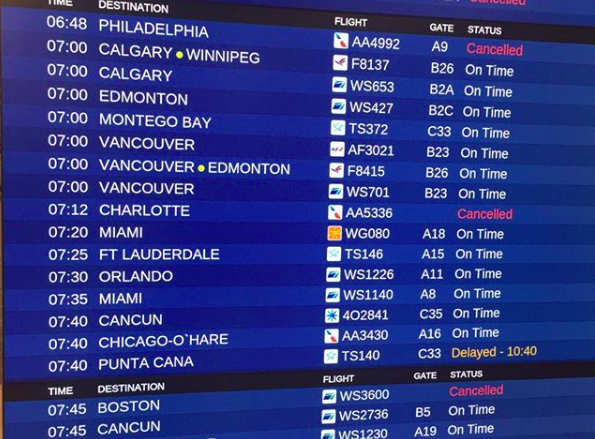Air Travel and Immunosuppression: What is the effect of flying on the immune system?
Air Travel May be Slightly Immunosuppressive
Of the 2 billion people who fly on commercial airplanes every year about 1 in 5 of them report that they develop a “cold” within the first week of arriving back home.
Is there any logic to this? Could it really be true?
Well, the world of aviation medicine has an interest in understanding what happens to the human body in a variety of in flight situations (...let alone what happens when we all start traveling off to Mars). In 2012, a group of researchers hypothesized that hypobaric low oxygen (hypoxic) conditions associated with air travel may actually contribute to impairment of the immune system.
To test this, the researchers studied the effects of hypobaric hypoxic conditions during a simulated flight at 8000 ft cruising altitude on immune and stress markers in 52 healthy volunteers before the simulated flight and on days 1, 4, and 7 after the flight.
The findings showed that the hypobaric hypoxic conditions of a 10-h overnight simulation flight are not associated with severe immune impairment or abnormal IgA or cortisol levels. However, there were associated with short term impairment in some measurements including transient decrease in lymphocyte proliferative responses combined with an upregulation in CD69 and CD14 cells and a decrease in HLA-DR in the immediate days following the simulated flight.
All these immune system abnormalities normalized by day 7 in most instances.
The conclusion of the study is that the 400,000 or so travellers who feel they have some kind of respiratory infection or cold after air travel could in fact be correct. A short term suppression of some immune responses could be responsible.
Reference
Wilder-Smith A, et al. Transient immune impairment after a simulated long-haul flight. Aviat Space Environ Med. 2012.
This article was written by Dr. Jeff Donovan, a Canadian and US board certified dermatologist specializing exclusively in hair loss.

